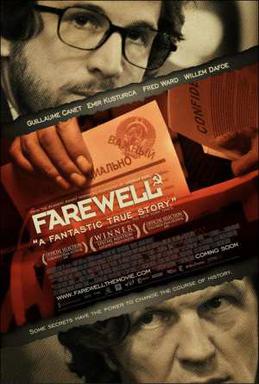Hobbit stays in NZ. Situation complex. (Previously.)
NZ as a nation: keeps The Hobbit. Turns out this is of massive symbolic importance to us. Our national identity is bound up in these Middle Earth films now (or, perhaps, in the fact we showed we can make ’em). That’s cool.
Film bosses: got more tax breaks, plus happy Peter Jackson. They win.
NZ film industry workers: have a film to work on. Is good.
Dealmaker PM John Key emerges with great triumph. Never mind embarrassing spectacle of our political leader holding crisis meetings with film bosses; voters already forgotten that.
Legislative due process: sacrificed by John Key. Pushing through today legislation developed in meeting with US film bosses. Terrible behaviour, although if it is just limited to a review/clarification of the differences between an employee and a contractor I’ll be cool with it. Won’t know until it’s already been pushed through of course. Sickening.
Actors? Lord knows how they come out of this. Their position remains inscrutable. What did they want? What did they get? Who knows?
Unionism in NZ: wounded. The Actor’s Union acted with great strategic idiocy. CTU’s Helen Kelly came in and did not help, instead stirred things up further. Misinformation exposed, either lies or stupidity. Anti-union forces including hero of the hour John Key leap on opportunity to attack unions. Disastrous result. (I support strong unions, but only if they don’t act like idiots.)
Blogs vs mainstream media: got most of my news on this from the Public Address thread of doom, which (uniquely as far as I can tell) put a real emphasis on sourcing documents and establishing facts. On the other hand, the big announcement was on live TV so old media still has the power.
Conspiracy theorists: in their element. This outcome was foreseen.
Opposition leader Phil Goff: this is bad for Phil Goff. Everything that happens is always bad for Phil Goff.







